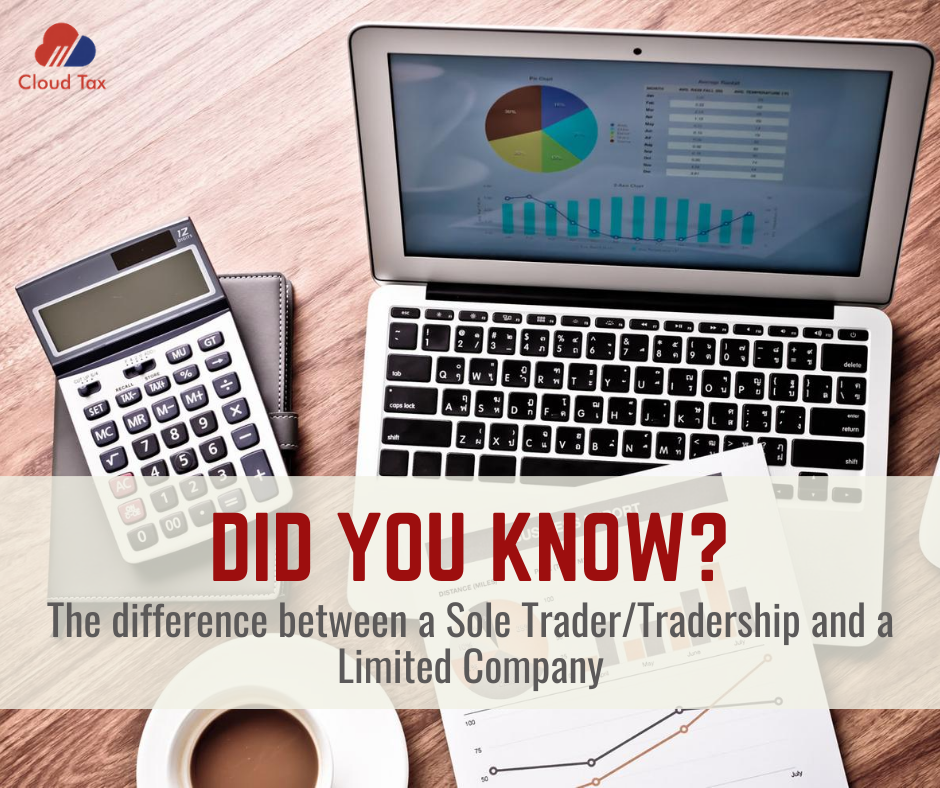At a glance, a sole trader business structure is relatively less expensive to set up and maintain, and it gives you better autonomy when making decisions. On the other hand, a company structure, means you have limited liability and you can bring in shareholders.
What is a Sole Trader?
A sole trader – also known as a sole proprietorship – is a simple business arrangement, in which one individual runs and owns the entire business, including all debts and losses which (s)he must bear alone. A sole trader business doesn’t have any legal identity separate to its owner, leading many to say that as a sole trader you are the business.
What is a Company?
A company is a legal entity formed by a group of individuals to engage in and operate a business—commercial or industrial—enterprise. A company may be organized in various ways for tax and financial liability purposes depending on the legislation of the geographic location it is operating in. It’s quite the opposite of sole tradership.
In this case, the organisational owners are shareholders, which means that personal liability can be limited and none of the shareholders are liable to pay any company debts above the share nominal value.
Sole Trader vs. Company – You be the Judge
Setting up either of the above as a business vehicle will, naturally, bring a unique string of benefits as well as drawbacks in comparison to different other entity types. Let’s take a closer look then:
Type of Company Sole Trader
Advantages
● As a sole trader, you’ll find it easy to set up your organisation, with very little paperwork, apart from the usual self-assessment tax return which must be filed every year;
● There’s greater privacy than incorporating a company, which is subject to a fair amount of scrutiny by Companies House.
Disadvantages
● Since sole traders are not regarded as a separate legal entity, they have unlimited liability which they must absorb themselves. They must pay off debts and if they can’t, they may lose personal assets;
● Raising money can be a tricky affair since investors and banks almost always prefer to work with limited companies;
● Tax rates are not as ‘kind’ to sole traders as they are to limited companies although this changes every year and needs to be checked with a tax advisor accountant.
Limited Company
Advantages
● Unlike a sole trader, has ‘limited’ liability, which is a key legal distinction between the two. As a result, personal assets are not ‘up for grabs’ because if you can’t pay back debts or if things go wrong, you only lose the share you invested into the company;
● In a broad sense, limited companies tend to enjoy more tax benefits than sole traderships, meaning that at the end of the day, it can be more profitable than a sole tradership. This tends to be true to growing businesses which do not take dividends as a secondary tax on income from a business;
● After registering your company name, nobody else can use it.
Disadvantages
● As a limited company, you have additional responsibilities such as annual tax returns and annual accounts;
● There’s extra paperwork to deal with, which can be costly and time-consuming;
● Details related to Directors and earnings need to be declared publicly – something that not everyone is comfortable with.
If you require any help with your business structure and tax duties, we at Cloud Tax Ltd have an expert team of accountants who will be able to assist. Get in touch with us today.

